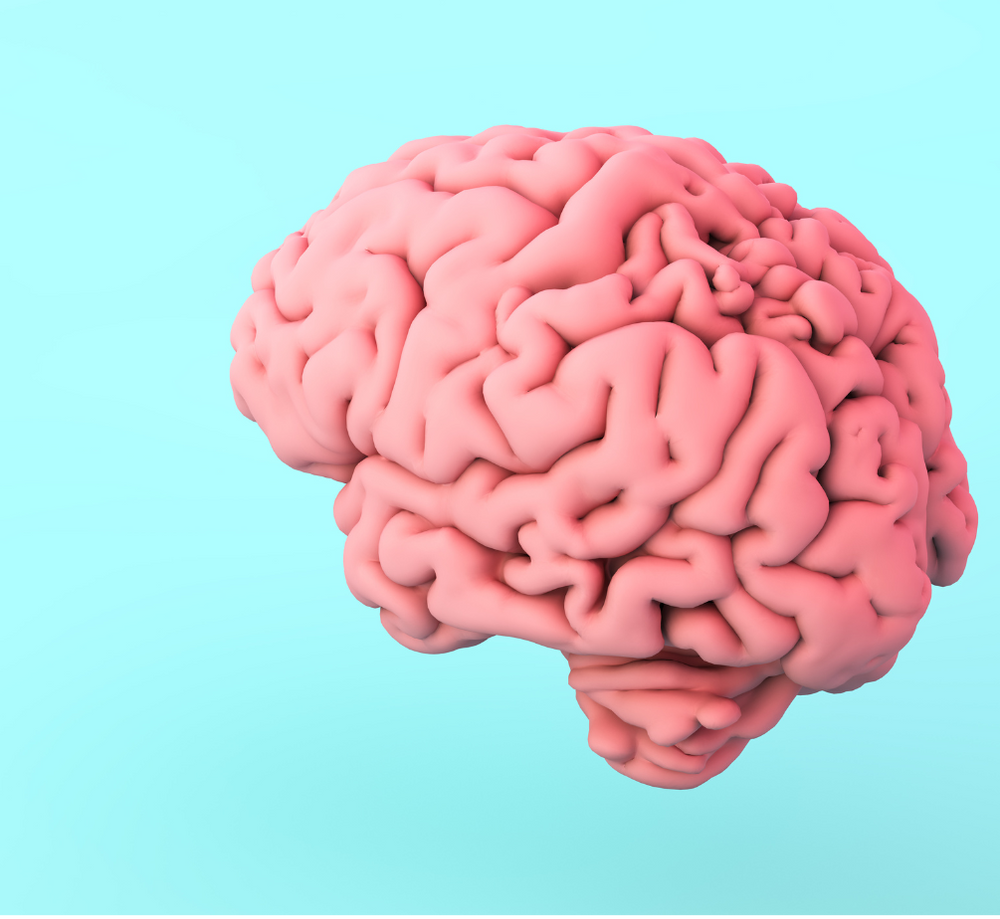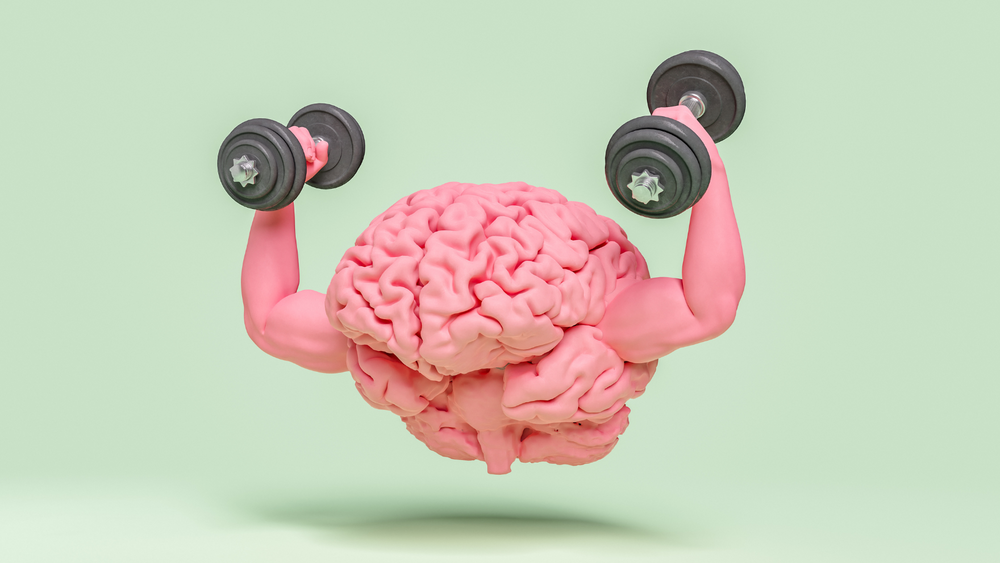HOLLY BLONDIN: THE CREATIVE STRUGGLE
Creativity. Nobody said it was easy. But no one ever said it would be this hard. But while the creative struggle may be inevitable, author Holly Blondin assures us it doesn't have to feel impossible. In her new book, Holly teaches us how to overcome those all too familiar challenges - distractions, procrastination, depression - and achieve our creative goals.
Holly Blondin is an accomplished creative professional and design strategist. Her creative roots run deep, thanks in part to her upbringing. She was born and raised in Flint, Michigan, to parents who were both creatives. Her father was a carpenter with a love for music and a talent for working with his hands. Her mother had a flair for the unexpected, leaving behind a trail of creative doodles. Growing up in such a creative environment, it's no wonder that Holly developed a passion for the arts at a young age. She pursued a career in acting (she holds a BFA in musical theatre performance) before earning an MBA in Marketing and Entrepreneurship: “After years working in professional creative industries, I both experienced and observed the pitfalls that most creatives have while building careers in the arts. I yearned for solutions, and my curiosity led me to a business education.” Today, Holly resides in Barcelona where she works as a design strategist and educator, combining her love of creativity and business.
"CREATIVITY IS YOU RIGHT NOW."
Your book is titled 'Creative Struggle is Real,' before we talk about the struggle, let's talk about the creative part: what is creativity?
HB: “I don't think creativity has a fixed definition: it depends on your creative context. What motivates you? Why do you need or want to be creative? What drives you? What are your barriers? What are your opportunities? What are your perceived limitations? All those things play into what you define as creativity in the moment. Creativity is you right now.”


If creativity is fluid and its definition varies from person to person, it's hardly surprising that creative collaborations can be a bit of a struggle.
HB: "Whenever we collaborate or co-create with others, we must acknowledge that we have different ways of approaching creativity. Respect the fact that everyone has creative vulnerabilities as well as creative strengths. Try to build some trust and find common ground you can build on. Accept that everyone contributes something different, which makes working with others dynamic, exciting, and valuable. It's the differences that make for extraordinary moments of creativity or imagination.
If you want to be a true collaborator, you have to respect that other people work differently and try to find ways to share creative leadership. As an introvert-turned-forced-extrovert, I object to the fact that we're all rushed into these collaborative environments. In our society, the extroverted, outspoken creative is often placed on a pedestal. But not all creatives are extroverts. Plenty of creatives are introverts who need time to mull things over. I would urge extroverts to pause, listen more, and invite those who seem to be observers to participate and speak up. Make those people feel comfortable, and give them time and space. And introverts should consider taking a theater or improv class. That's probably the scariest thing imaginable for them, but that's precisely the point. It can help you release those inhibitions and push yourself to the limit."
“TO BE CREATIVE, YOU HAVE TO DO CREATIVE.”
Is creativity innate? Is one born with more creative talent than the other, or is it something you can learn?
HB: "I teach creative methodologies, so I will say yes. You can learn to access your imagination, work your making skills, or get your hands moving. You can learn how to activate your creative action points - imagine, make, connect, and reflect - through creative methodologies such as design thinking, future thinking, or a beginner's course to creativity; one I have designed called Creativity 101.
There are different parts in the creative process, specific touch points that scare or worry us. And you can try exercises to strengthen those capacities. Although some of your vulnerabilities you'll likely never overcome, and that's okay. Everyone has creative strengths and vulnerabilities.
It's essential to remember that to be creative, you have to do creative. So if you want to improve your creative skills, you have to figure out why you want to be creative and what drives you. And you have to activate those muscles through practice. So you must create your own creative practice and find that unique fit. Because, again, creativity is just different for everyone."
So creativity isn't just a struggle when working with others: a lot of soul searching and 'personal struggle' is involved. In the book, you write that creative struggle is inevitable.
HB: “Yes, but it doesn't have to feel impossible. A big struggle for many creatives is that they have too many great ideas and don't know how to harvest one to work with. They have so many talents that they can't choose one thing and instead do nothing at all. And before you know it, depression kicks in. That's part of the struggle: if you're not making, if you're not creating, if you're procrastinating, you become depressed.”
What's the solution?
HB: "Find out what motivates you. And that can differ from one project to the next. It can be recognition, status, fame, money, authenticity, or the need for expression."

Are creativity killers also part of the struggle?
HB: "Yes, one of the biggest creative killers is distraction. Distractions leave you feeling unmotivated and overwhelmed, which leads to procrastination, which leads to more distraction. It's like this vicious cycle. It's hard not to be distracted, especially in this day and age. Just look at the screen of your computer and see how many tabs are open, which is symbolic of how we live our lives now. We have all the tabs open. And the best thing you can do is focus on one tab at a time. One moment at a time, and practice doing that.
Also, find your creative sweet spot. For me personally, that's between 10:00 and 14:00. That's when I do most creative activities. A 4-hour window may not work for you; everybody is different. But try doing it for 15 minutes a day. Or take a class once a week and connect with your tribe. It boils down to figuring out what works for you and then sticking to it because that will help you. It will strengthen that creative muscle, build momentum, and you'll end up getting your creative mojo back."
Other tips to stop procrastination and get those creative juices flowing again?
HB: "If nothing else, get a notebook and take 15 minutes a day - or even easier than that - 5 minutes in the morning and 5 at night and work on some reflection questions. This way, you're at least thinking about and reflecting on your creativity. Then, carry that notebook with you; write it down when something inspires you. Consider it an archive you can grab and flip through anytime.
Sometimes we squash our creativity because we think we have to do everything right now and don't prioritize. But it's okay if an idea just sits there for a while. That business idea may take you four years to put together, and that book may take even longer. But you worked on it every day for 15 minutes. That is energy into your creative soul.
But if you sit around waiting for the perfect moment, you'll end up waiting and continue to procrastinate until the soul just dies.
The notebook makes perfect sense to me. It's my creative companion. It's my friend I go to for support, ideas, and insights. And if you're not a fan of writing, use the notebook to draw. Or keep a digital notebook. Or post something on Instagram every day. Whatever works for you. Whatever motivates you."

Creativity seems to be the new buzzword; why is that?
HB: "We're in this creative space now, where we're accepting creativity in a different way. Historically, creativity was something that was considered God-given. Something that belonged to the gods and that was bestowed upon us. Today creativity is perceived differently. It belongs to the individual. This idea has been pushed forward through design thinking especially and through a business lens. And because we live in a capitalistic society, creativity has become really important to the bottom line.
The narrative around creativity is more positive because we need creatives more than ever. And we're not talking about building artifacts here, we're talking about building new systems and changing the world. We're in a very wonderful time right now. The world is truly our oyster. We have a blank canvas right now, and that's why creativity is being pressed upon as being the important thing. We're in the acceptance stage of creativity."
There are also high expectations: creativity is sometimes considered the solution to most, if not all, of the 21st problems we're dealing with. That's quite a heavy burden for any creative and potentially a creativity killer.
HB: "In the book, I write about designing your creative practice and how to do that. There are five different approaches that are common. One is this idea of exercising those muscles. If you want to improve a technique, you put in that time every day. You build the momentum and eventually, you're going to grow your skill.
But then there's one on the list I call create to create, which is no pressure. You just make something and don't worry about it. There is this narrative that says everything has to have a meaningful purpose. But forget about that narrative and just create to create. Doodle for 15 minutes a day. Dance to your 3 favorite songs. Something that removes you from all the crap that's stressing you out. Something that lights your creative soul on fire."


Comments